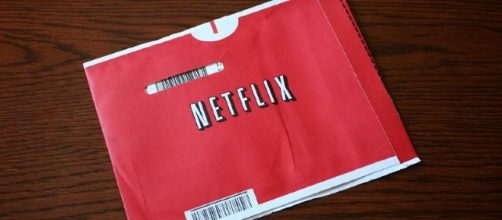Netflix is the number one movies and TV series streaming platform on the web. The company has thrown a lot of money into original programming, many of which turned out to be huge successes. However, that doesn’t mean things are going according to plan at the company.
The thing is, Netflix is burning through cash and is currently $20 billion in debt. There’s a reason for this, and it’s a good one. However, things could change in the future, and as such, this debt may return to haunt the company for a long time to come.
Spend money to make money
Netflix has spent a lot of money on original and exclusive programming.
This year alone, the company is expected to spend at least $6 billion on original content. Its net cash should grow to around $2.5 billion, which is up from $1.7 billion during the same period last year.
With growth going well, the company moved its headquarters to Southern California in a new 14-story building located in Hollywood.
At the moment, investors are happy as they continue to approve Netflix’s big spending. The idea here is that debt financing in the near future will yield massive results and spur growth. They are working with the core business theory that if one wants to make money, then one needs to spend money.
A report from the LA Times claims stock is up by 50 percent for 2017. However, experts believe Netflix’s bubble could burst due to future stagnation in growth.
Now, that doesn't mean Netflix is in serious trouble or stagnation will happen soon. It means the company is taking a huge risk and it could backfire should things go wrong and the debt becomes too cumbersome to handle.
Nonetheless, Netflix doesn’t appear worried, and that’s a good thing for investors and the future of the company.
Spending money is not Netflix’s real problem
Here’s the thing, the streaming giant spent billions on original programming, but some of the most popular shows are not actually exclusive. The likes of “Orange Is The New Black,” “House of Cards,” “The Crown,” and the many offerings from Marvel, are not owned by Netflix. This means the streaming giant is paying a license fee for each show.
Furthermore, should a deal in the future goes south, then the creators can simply remove these shows and have them released on a competing platform. Netflix would suffer the loss of subscribers should such a scenario play out, which is why the company needs to have a string of quality shows and movies on the platform.


